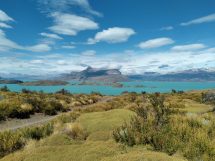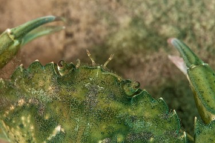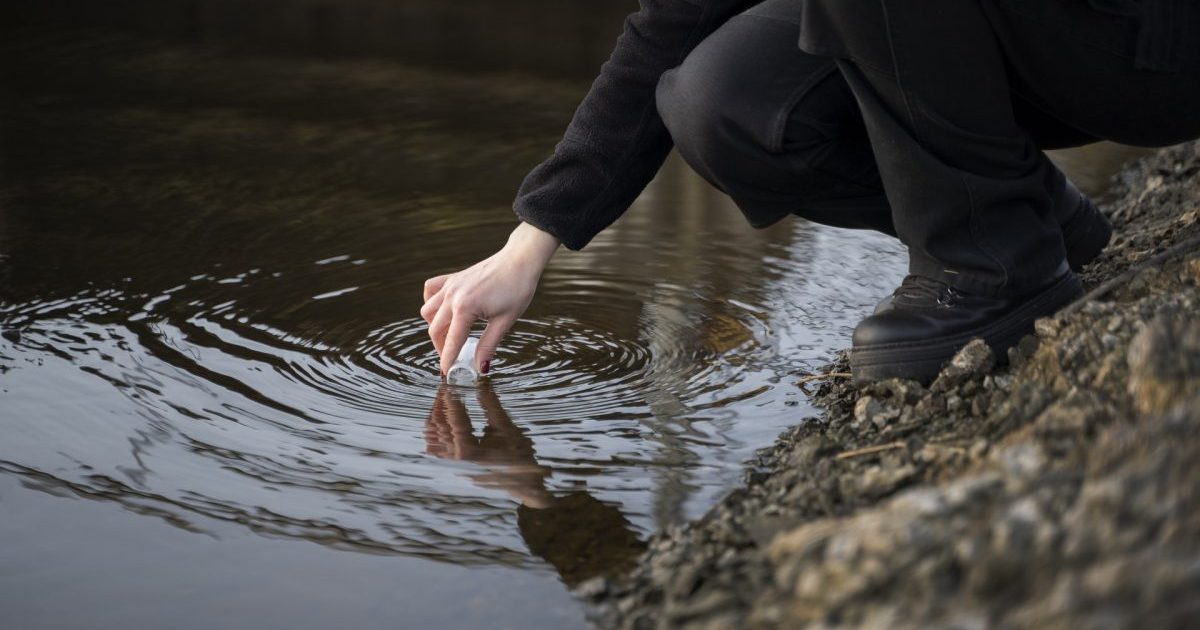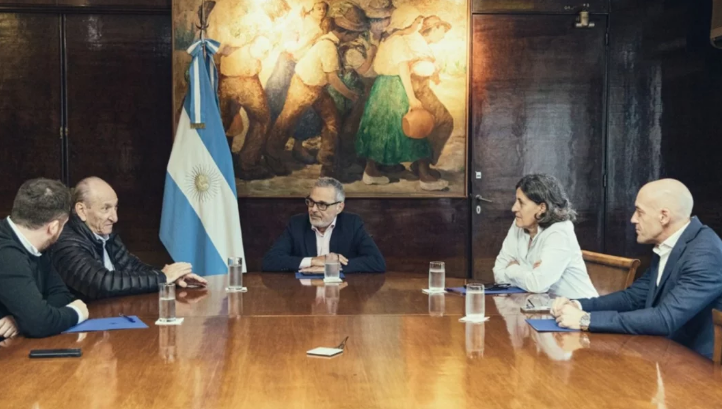for the first time,Scientists from Argentina and Chile have joined together in a network to study lakes, rivers, wetlands and lagoons in PatagoniaWith new techniques of molecular biology.
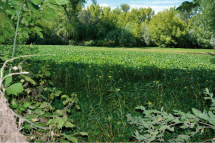
The network is called ChArCo, which stands for “Chile – Argentina – Colaburan”. It was formed as a result of a call by the National Research Agency of Chile, which organized a competition to strengthen international links of research institutions.
Through that competition he was approvedPropose the University of San Sebastian, based in Puerto Montt, Chile, associated with the Universidade Nacional de Rio Negro (UNRN).
According to Paola Andrea Páez, Director of the School of Production, Technology and Environment at UNRN, in Villa Regina, Río Negro, it is a network of professionals from different disciplines whoIt will be devoted to the microbiological and molecular study of continental water resources in Patagonia, Chile and Argentina, such as rivers, lakes, lagoons and wetlands.
“We consider that this initiative will contribute to the social development of communities, promote the effective and sustainable use of water resources and enhance resilience to climate disasters,” said Baez, who is leading the initiative with Maria Clara Tarifa, a teacher and instructor. UNRN researcher, and doctors Daniel Medina Salas and Javier Campanini, researchers from the University of San Sebastian in Chile.
“Historically, water quality for inland water resources has been determined primarily through analysis of physical and chemical parameters. Microbiological methods have sometimes been used to isolate and culture certain bacteria present in the water,” he noted.
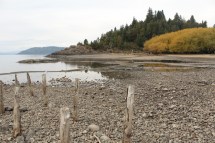
But traditional methods used to analyze the quality of water bodies leave aside the characterization of microorganisms.For this, it is necessary to use sophisticated methodologies, mainly based on molecular biology, metagenomics or massive sequencing.
toThe CHARCO network will seek to study the microbial composition of continental water bodies using this type of technology. Which sIt will allow us to know the differences in microbial composition depending on the site studied and the physical and chemical variables of each site.
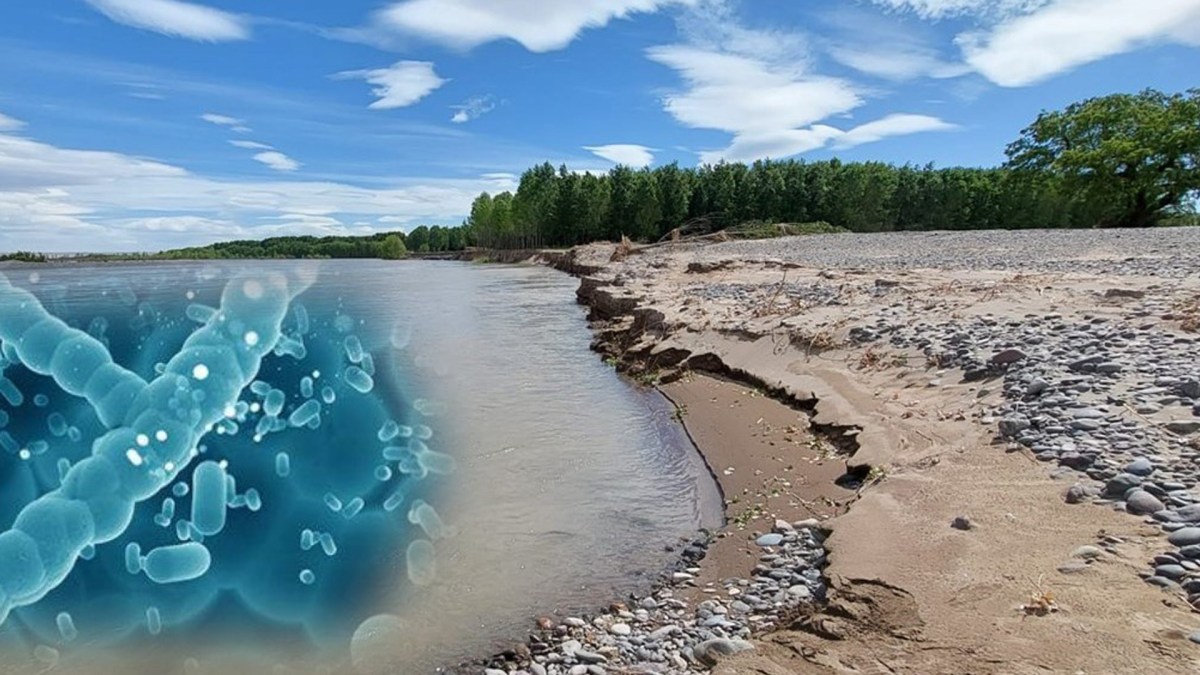
“These types of studies can allow for sustainable management, protection and restoration of this type of environment.Initially we aimed to expand the study conducted by the National University of Rio Negro in 2019 in the Negro River“, he commented. They will also focus on the Moline River in Chile.
Other points thatThe network will address the study of bioaerosols.The coronavirus pandemic has drawn attention to the importance of aerosols, which are particles that can originate from bacteria, fungi, viruses, pollen, and cellular debris.Bioaerosols can have significant impacts on ecosystems, climate change, air quality, and public health.
The Charco Network also seeks to build human capital in Patagonia, Argentina and Chile. To this end, a summer school will be held.fromFrom 26 to 29 next February.It is not definedBut it contains only limited spaces (20 spaces). It will be taught at the Social Food Pilot Plant of the National University of Rio Negro in Villa Regina. It is aimed at professionals in microbiology, biotechnology, biology or environmental science and advanced students.
